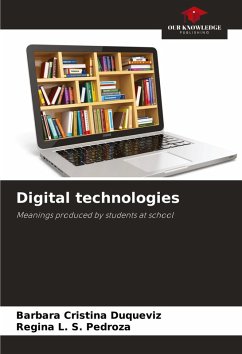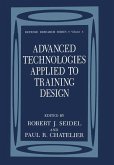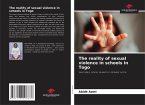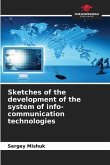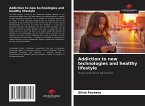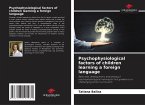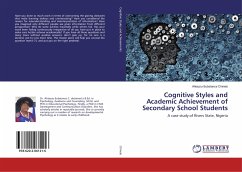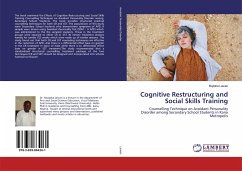Digital technologies such as computers and the internet are increasingly present in schools. We analysed the meanings produced by teenage high school students about digital technologies in their relationship with these technologies in a formal context of teaching and learning a foreign language. We rely on Cultural-Historical Psychology, which understands meaning as a semantic unit, constructed in social relationships and manifested in the discursive act. The use of these technologies by the teacher to show images and videos to explain the curriculum content and by the students to search for information and clarify doubts about the subject of the lesson are understood as using the computer and the internet well in the classroom. These meanings show the teacher's internalisation of the school culture of transmitting information, so that these technologies are used without altering this culture. The analysis can contribute to educators interested in using digital technologies from an authorial perspective to strengthen students' protagonism.
Bitte wählen Sie Ihr Anliegen aus.
Rechnungen
Retourenschein anfordern
Bestellstatus
Storno

